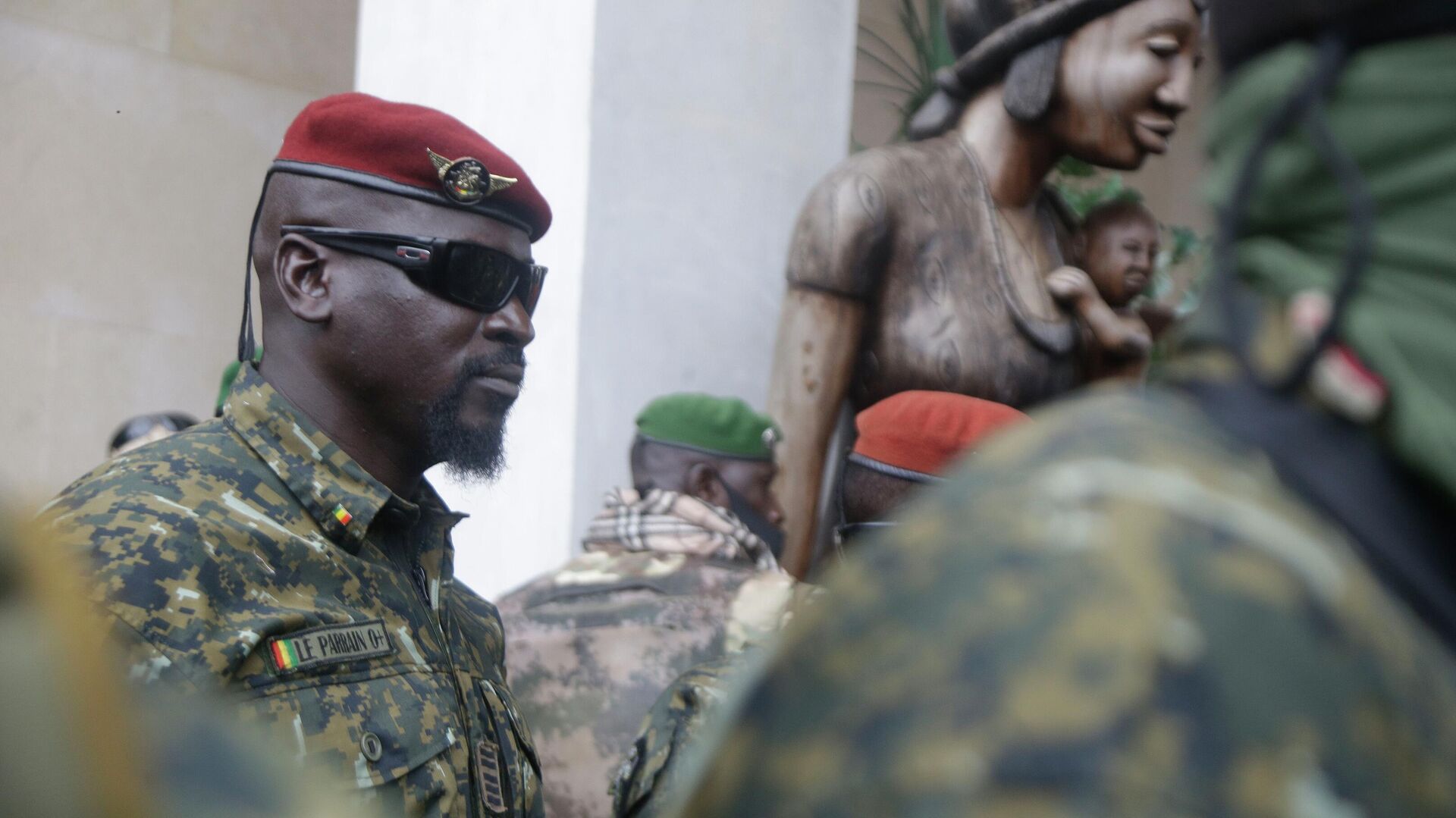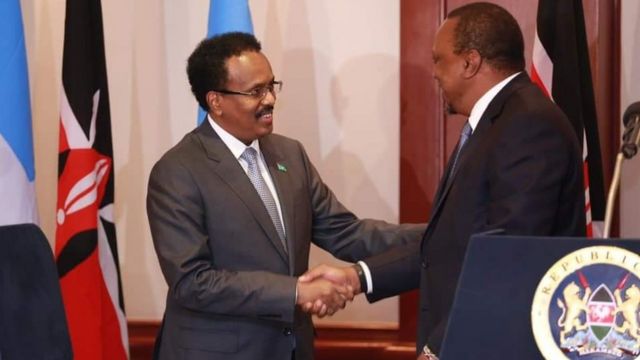“We have potential in our youth and we must have the courage to change old ideas and practices so that we may direct their power toward good ends,” Mary Mcleod Bethune.
The Africa Continent, no doubt, has great potential in its youthful population and the continent is currently experiencing growing youth engagement in its social and political atmosphere, a development that puts so much responsibility on the shoulders of young people.
Never has there been so much influence in the hands of young people in Africa as that which they carry now.
Across all sectors, more young people are seen on the continent, with tenacity and a strong sense of urgency. Today’s youths are fighting for and in some countries, have died for causes they believe in. Like in 2020, during the endears protest in Nigeria, some young citizens died in that protest.
The youths are now standing up for so many rights that the elderly in the continent have refused to fight for which has deprived them of a meaningful life and could do more harm to endanger their future if nothing is done.
In the fight for human rights and dignity of children in the Democratic Republic of Congo, DRC, the right to be protected from gender-based violence in Namibia, and the right not to be brutalized by the police in Nigeria, the youths are found at the forefront with the willingness to get things right.
Whether Africa likes it or not, the sheer size of its youth population is the greatest opportunity the continent has for real to change the narrative.
The present crop of African youths is different from the generation past that voted for leaders which the youths are trying to change. Young people are claiming their place and defining the country and continent in which they want to live.
Just as envisioned in the African Vision 2063 agenda tagged “Africa We Want”, the youths are putting in so much effort to realise their objective through their doggedness and focus on good governance among others.
African youths have been seen as potential assets and a marketable consumer base and workforce.
As Africa’s young population continues to affect positivity and emerge as the true change makers, the future of Africa is envisioned to be a scenario where political leaders would consult, listen and act in the interest of its young people.
Looking at the instances of the past happenings in the Democratic Republic of Congo, Namibia, Nigeria, South Africa, Liberia, etc, it is obvious that the youths are the ones making changes and fighting for their walk to freedom.
In recent times, African youths have been seen to be the dogged type or the stubborn’ type, and it is gradually creeping into how they want to define governance in their respective countries.
Today’s youth wants the freedom to see that things are done rightly. Not like in the times of old, when the elderly feel the youth lack experience to head or make decisions.
They believe that any young person who has gone through a conflict or post-conflict situation deserves an opportunity to be educated as well as a chance to acquire skills.
The African youths believe that as youths, if they don’t take ownership and responsibility for their problems and challenges, then, they run the risk of allowing other nations and the elderly to take advantage of them.
According to Jonathan Bashi Rudahindwa, a youth from the Democratic Republic of the Congo,
“I strongly believe that the solution must come from the African youth themselves. We are the ones being killed and raped, the ones recruited and traumatized. We are the ones affected. We should be the ones to find a solution.”
For the Africa Youths to reap the dividends they had longed for, it is up to this generation to make sure that influence is channelled correctly and directed towards relevant issues that affect not only themselves but generations after them.
This can only be achieved if they continue the movement for change and freedom together in one voice and with one focus to address the challenges before them as a continent.


